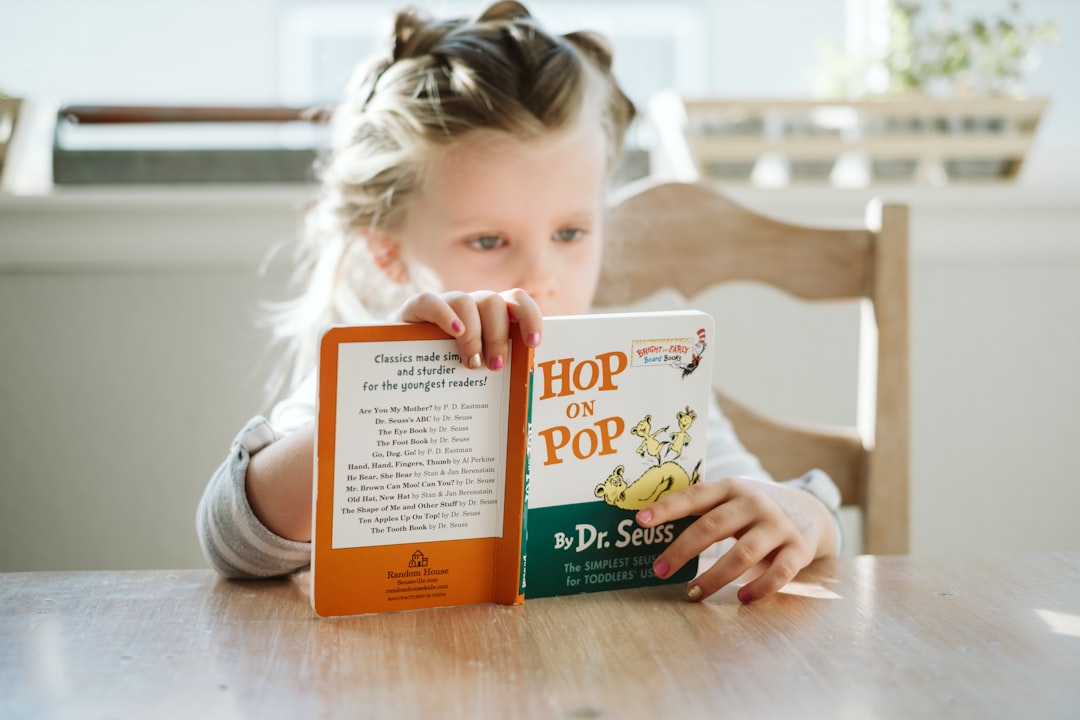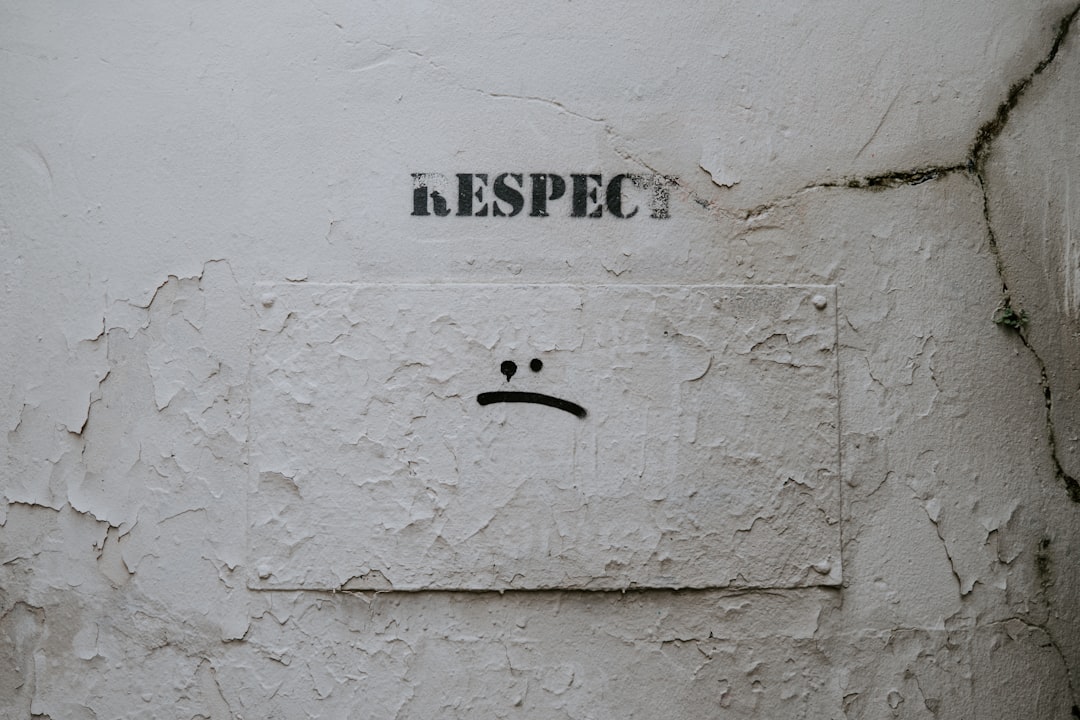What is it about?
In this essay, I talk about how changes in the world, like Brexit and Trumpism, have made it harder for people to communicate and understand each other. I also look at how these changes affect democracy, diversity, and social justice. Applied linguists, who study language, have been thinking about their role in all of this. They're trying to come up with better ways to talk about these important issues. I review a book called 'Applied Linguistics and Politics,' which has different parts that talk about things like social media, the economy, culture, and identity. The book looks at how these topics are related to politics. It tries to go beyond just looking at different ideas and see how they affect the real world. For example, one part of the book talks about how people talk about politics on social media, and how that can be influenced by technology. Another part talks about how language can affect things like immigration and people's jobs. The book also looks at how language and culture are tied together and how they've changed over time. It talks about the power of language in different contexts. For instance, it discusses how language can help or hurt people who identify as intersex. It also examines how language is used in healthcare to talk about people with intersex bodies. There's also a part of the book that talks about how our emotions, like anger, can affect the way we talk about important issues. It looks at how we remember things from history and how our emotions can play a big role in that. Finally, the last part of the book talks about education and how we can teach people about these important topics. It emphasizes the importance of making these discussions accessible to everyone, not just experts. In the end, this book provides a fresh perspective on how language is tied to politics and real-world issues. It helps us understand how we can use language to talk about and address problems like discrimination, bias, and social injustice.
Featured Image

Photo by James Eades on Unsplash
Why is it important?
The book I reviewed is unique because it tackles some of the most pressing issues of our time, such as Brexit, Trumpism, and the rise of nationalism. It's not just about these problems, but also how they affect our ability to communicate and understand each other. It offers fresh insights into these challenges and how language and linguistics can help address them. What makes it especially timely is its focus on how our changing world impacts democracy, diversity, and social justice. In today's complex and interconnected society, it's crucial to find new ways to talk about these issues. Applied linguists, in their efforts to develop more effective ways of discussing and teaching these topics, play a crucial role. This book can make a difference by shedding light on how language and politics are interconnected. It provides a roadmap for understanding and addressing problems like discrimination, bias, and social injustice. By highlighting these crucial issues and offering practical solutions, it's a valuable resource for anyone who wants to make a positive impact on our society. Whether you're a scholar, a student, or an activist, it can help you find new ways to address the world's challenges through effective communication and linguistics.
Perspectives
I personally found the book's exploration of political discourse on social media and the impact of advanced technologies fascinating. The idea of 'algorithmic populism' and how digital platforms shape political messages using both human and non-human actors was particularly eye-opening. This is just one example of how the book provides fresh insights into pressing issues.
Qijun Song
Guangdong University of Education
Read the Original
This page is a summary of: Review of Chun (2022): Applied Linguistics and Politics, Journal of Language and Politics, June 2023, John Benjamins,
DOI: 10.1075/jlp.23060.son.
You can read the full text:
Contributors
The following have contributed to this page










